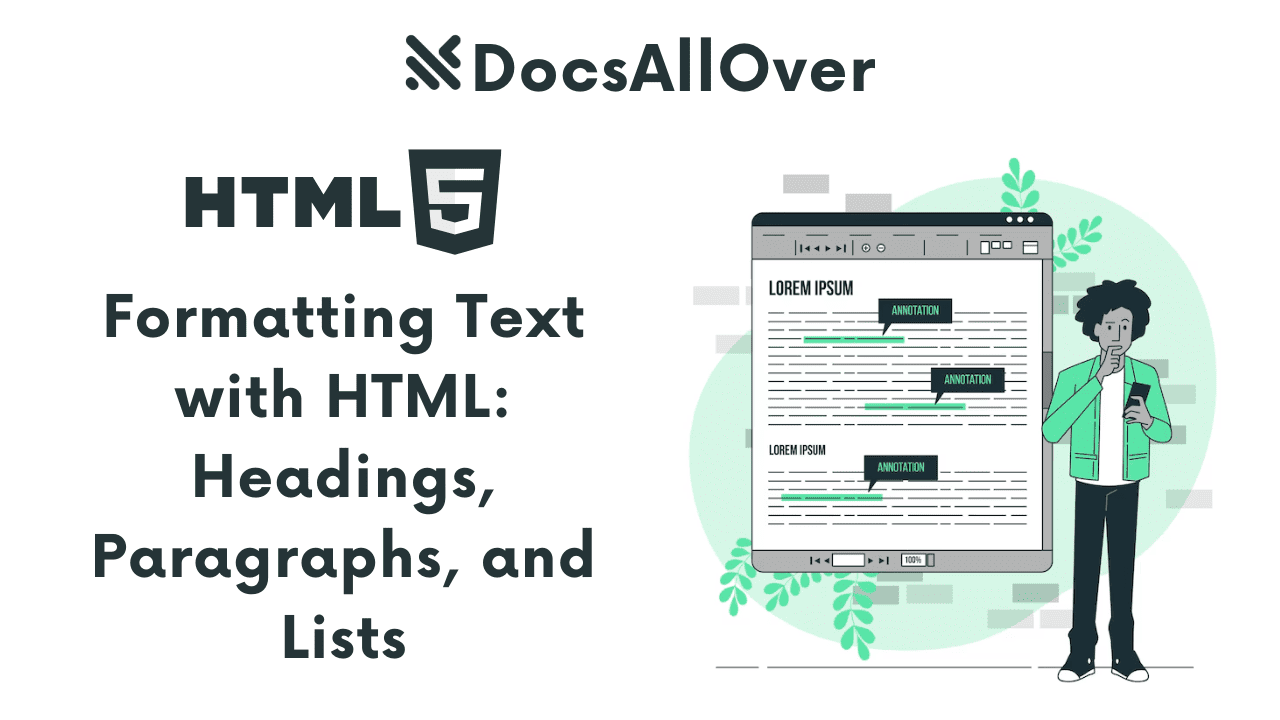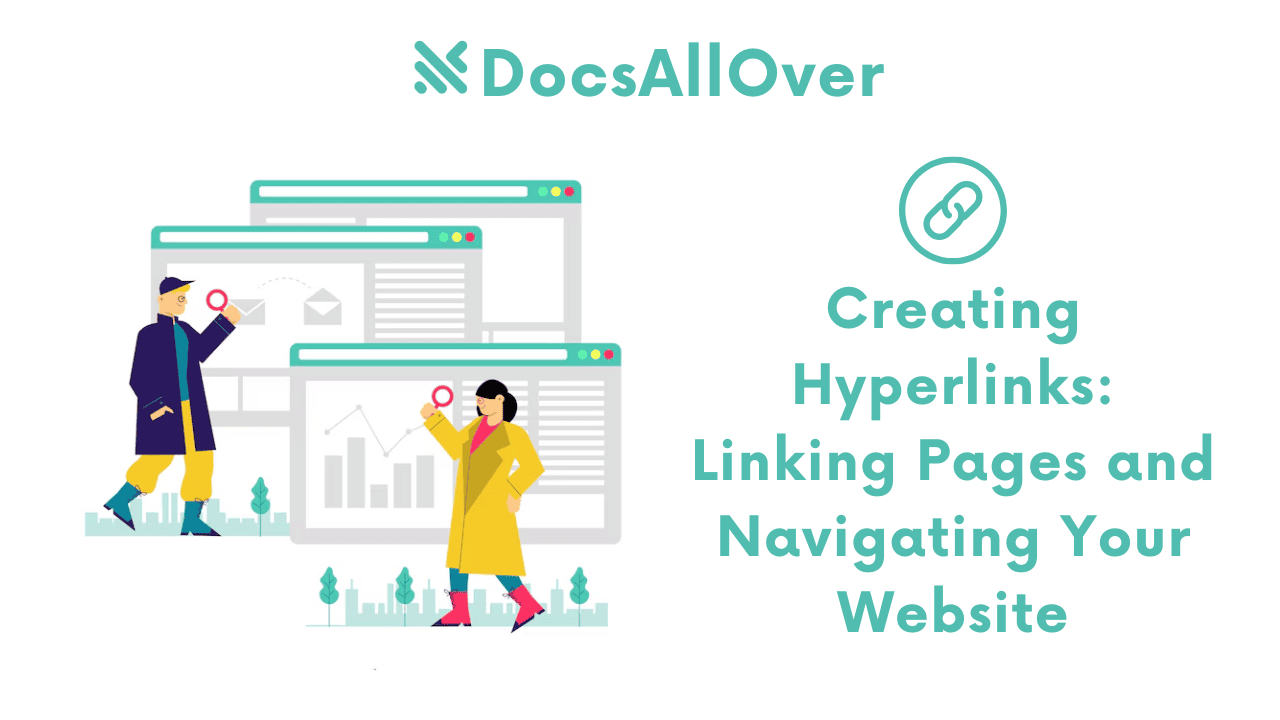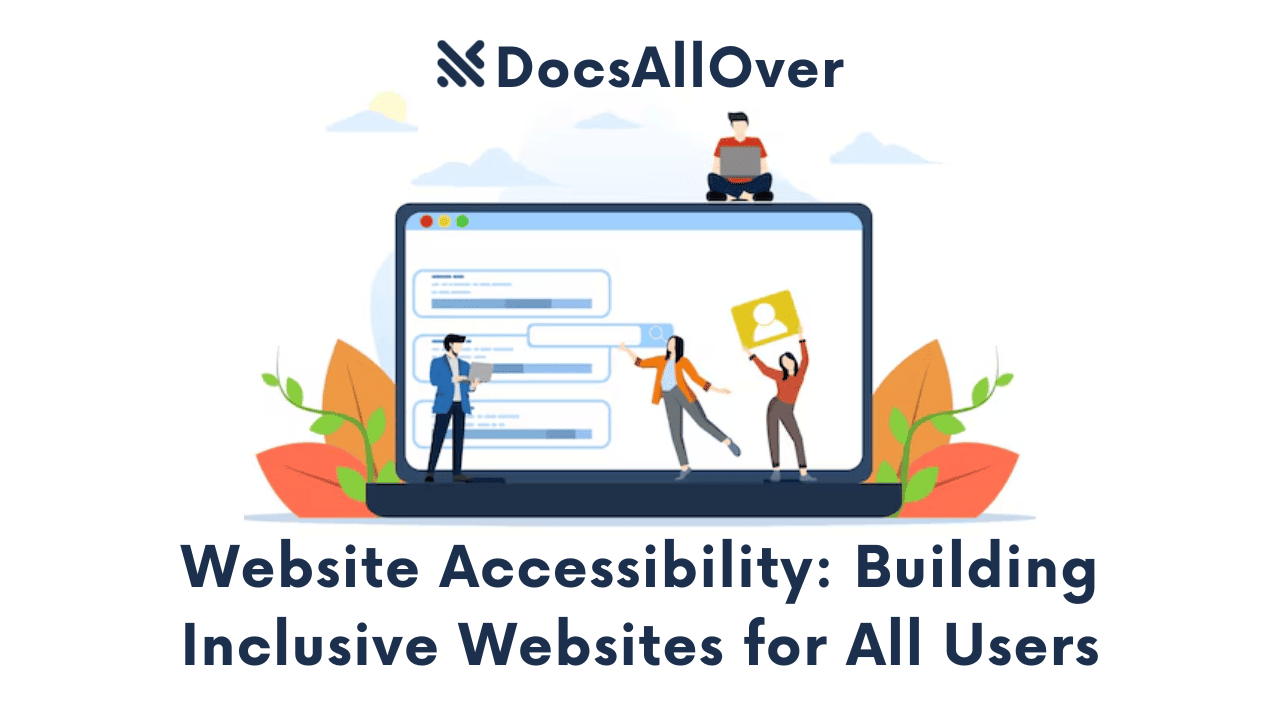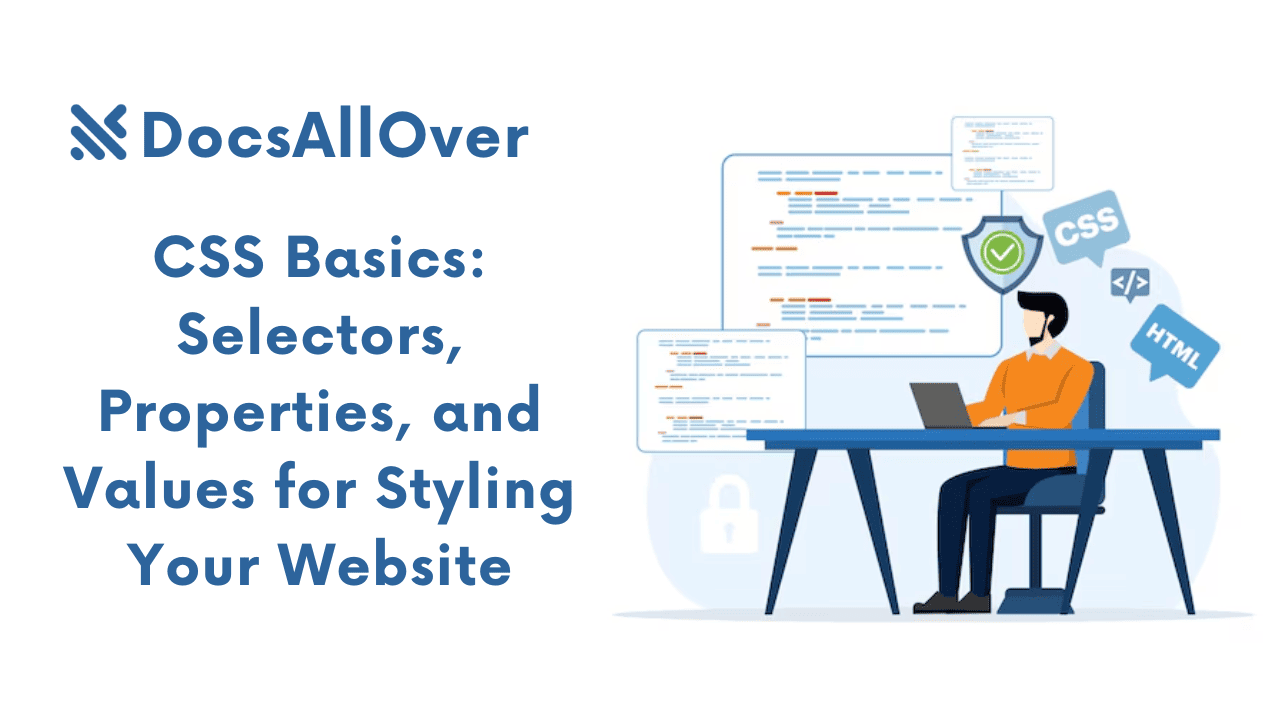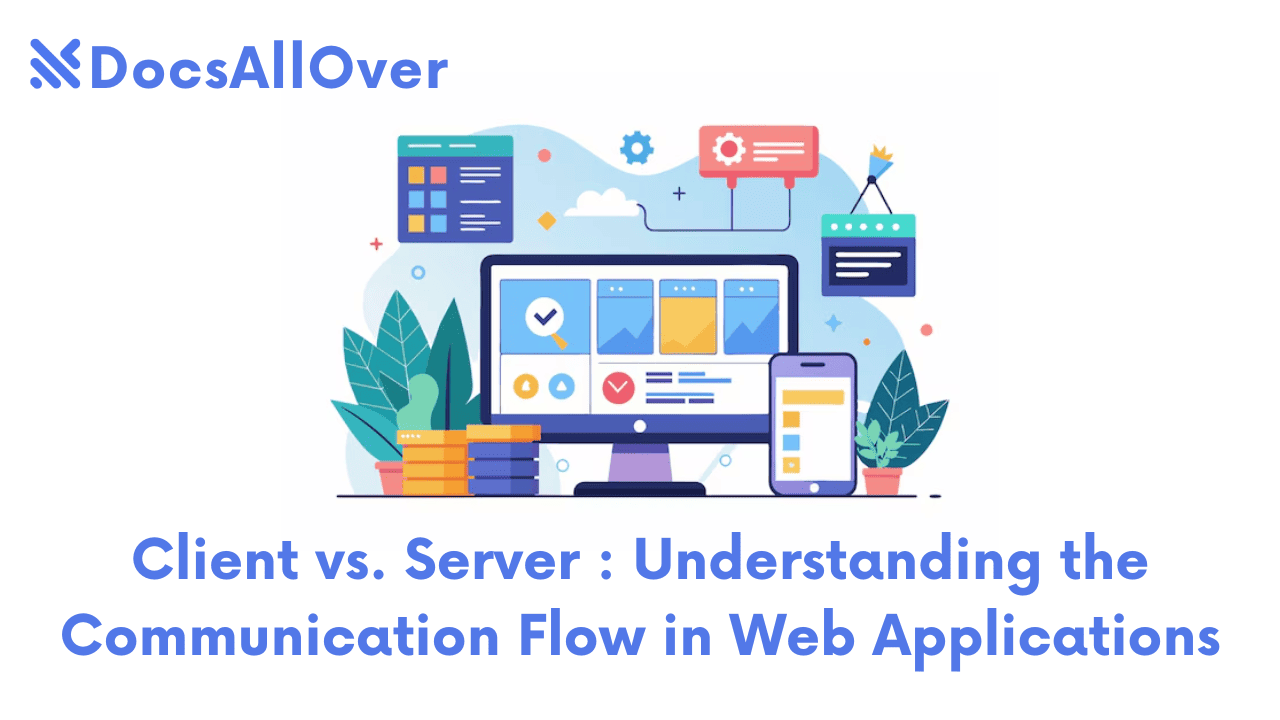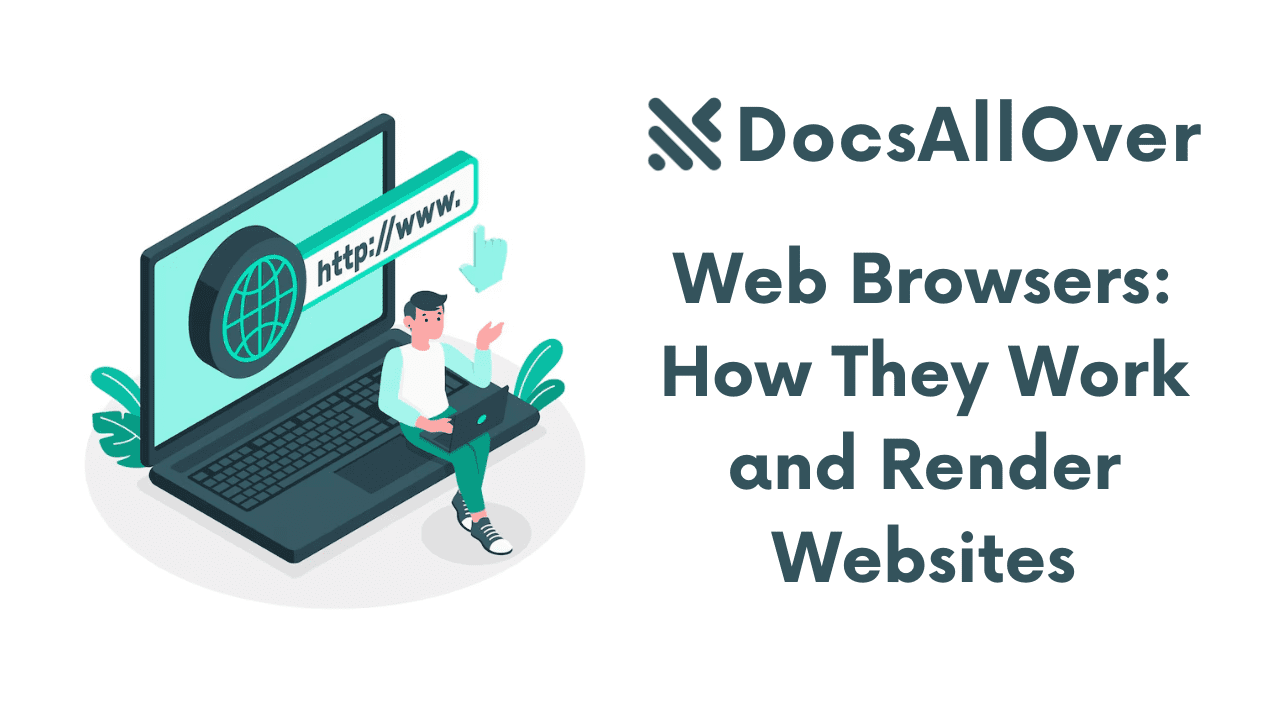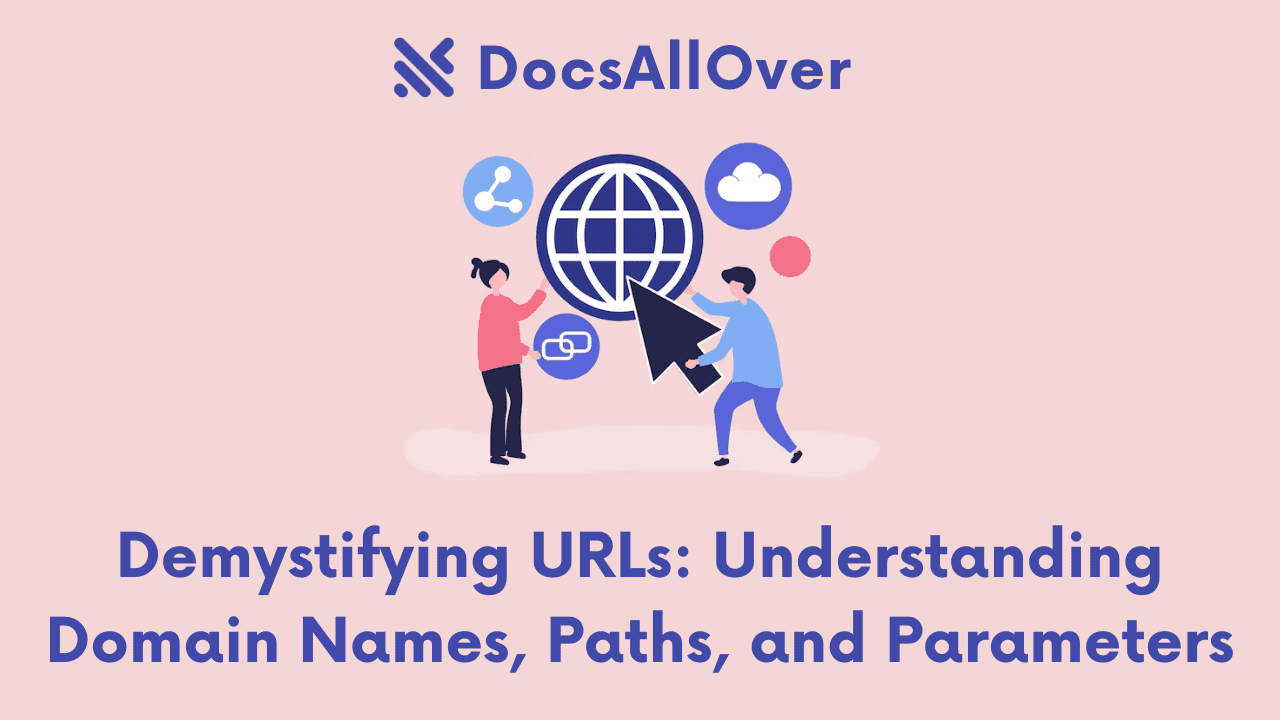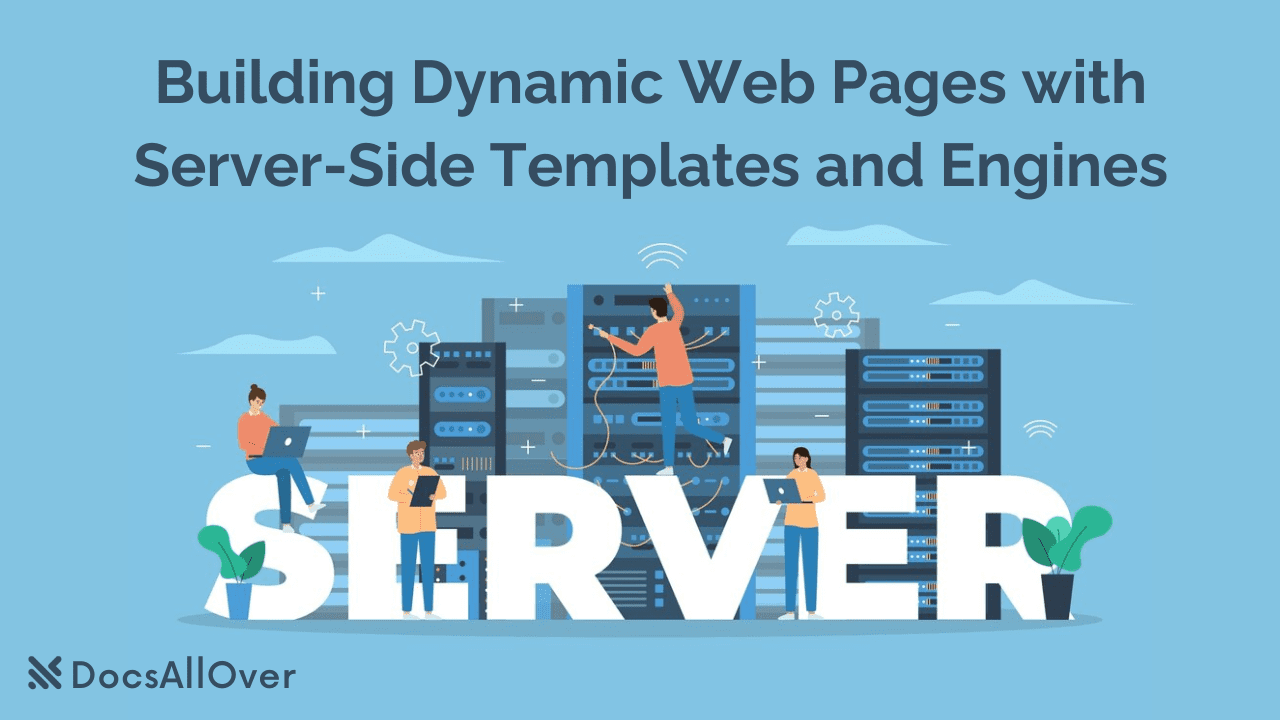How to Implement SEO Best Practices In Your Website
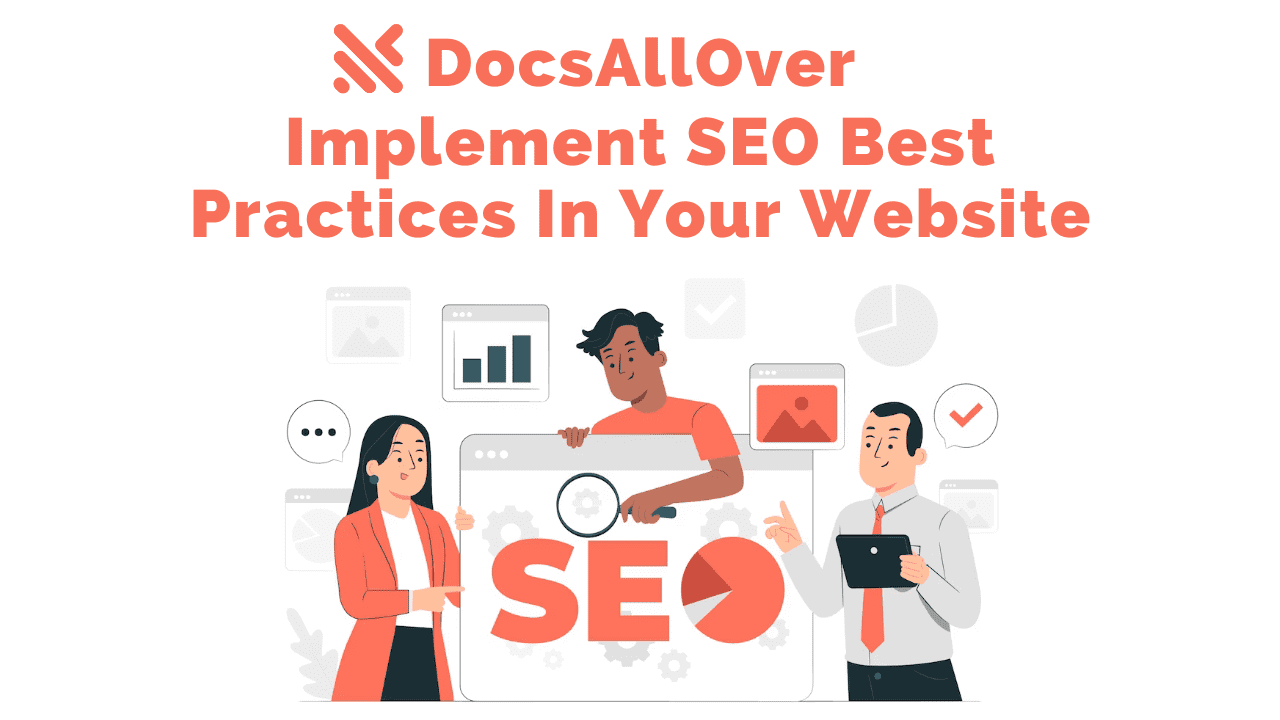
Search Engine Optimization (SEO) is a crucial aspect of website development that cannot be overlooked. Optimizing your website for search engines helps improve your website's visibility and ranking on search engine result pages. This, in turn, leads to increased traffic, engagement, and conversions. In this article, we will discuss how to implement SEO best practices in your website.
Search engine optimization (SEO) is the process of optimizing a website or web page so that it ranks higher in search engine results pages (SERPs) for relevant keywords. This means that when people search for those keywords, your website or web page will appear higher up in the search results, making it more likely that people will click on it and visit your site.
SEO is important because it can help you attract more traffic to your website. When people visit your website, they have the potential to become customers or clients. SEO can also help you build brand awareness and credibility.
The importance of SEO
Search engine optimization (SEO) is the process of optimizing your website and content so that it ranks higher in search engine results pages (SERPs). This means that when people search for relevant keywords, your website is more likely to appear in the top results.
SEO is important for businesses of all sizes because it can help you attract more visitors to your website and generate more leads and sales. When your website ranks higher in SERPs, more people will see it, and more people will click through to your site. This can lead to more traffic, more leads, and more sales.
In addition to driving traffic and leads, SEO can also help you build brand awareness and credibility. When people see your website ranking high in SERPs, they are more likely to view you as an authority in your industry. This can lead to more people trusting your brand and choosing to do business with you.
What every SEO strategy must have
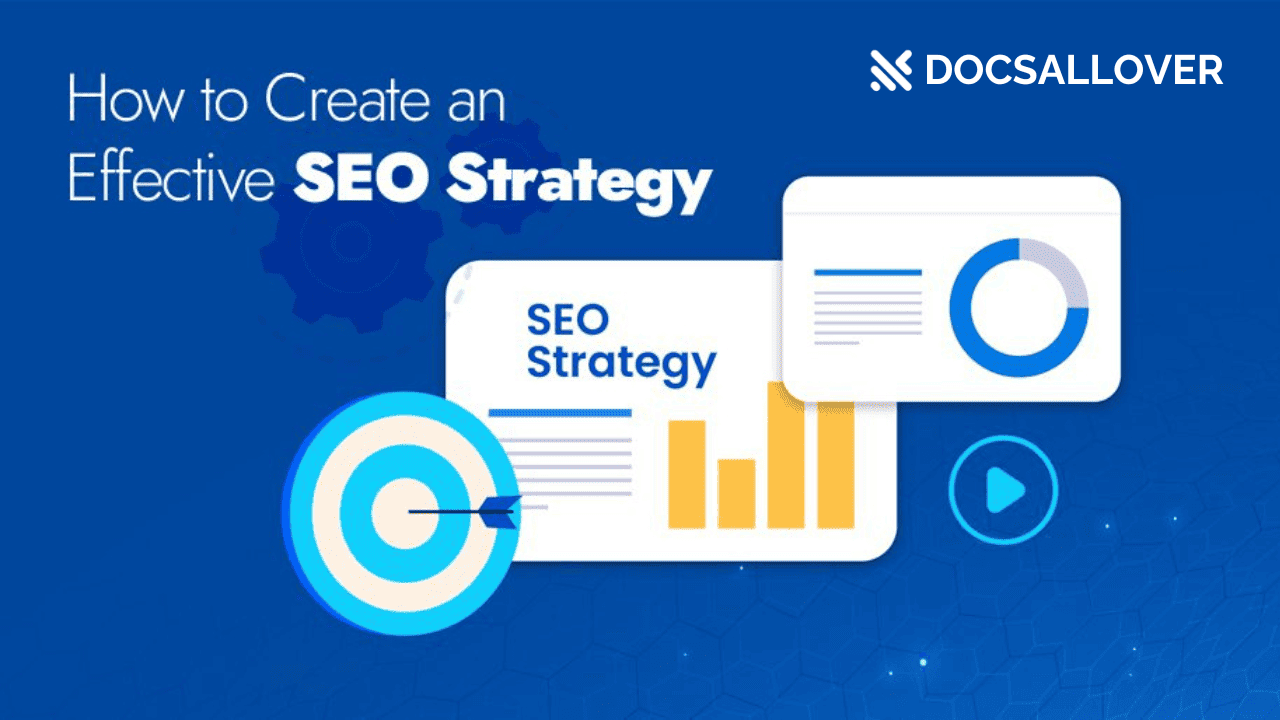
A good SEO strategy is essential for any business that wants to be successful online. By optimizing your website and content for search engines, you can attract more visitors and generate more leads and sales.
Here are the essential elements of every SEO strategy:
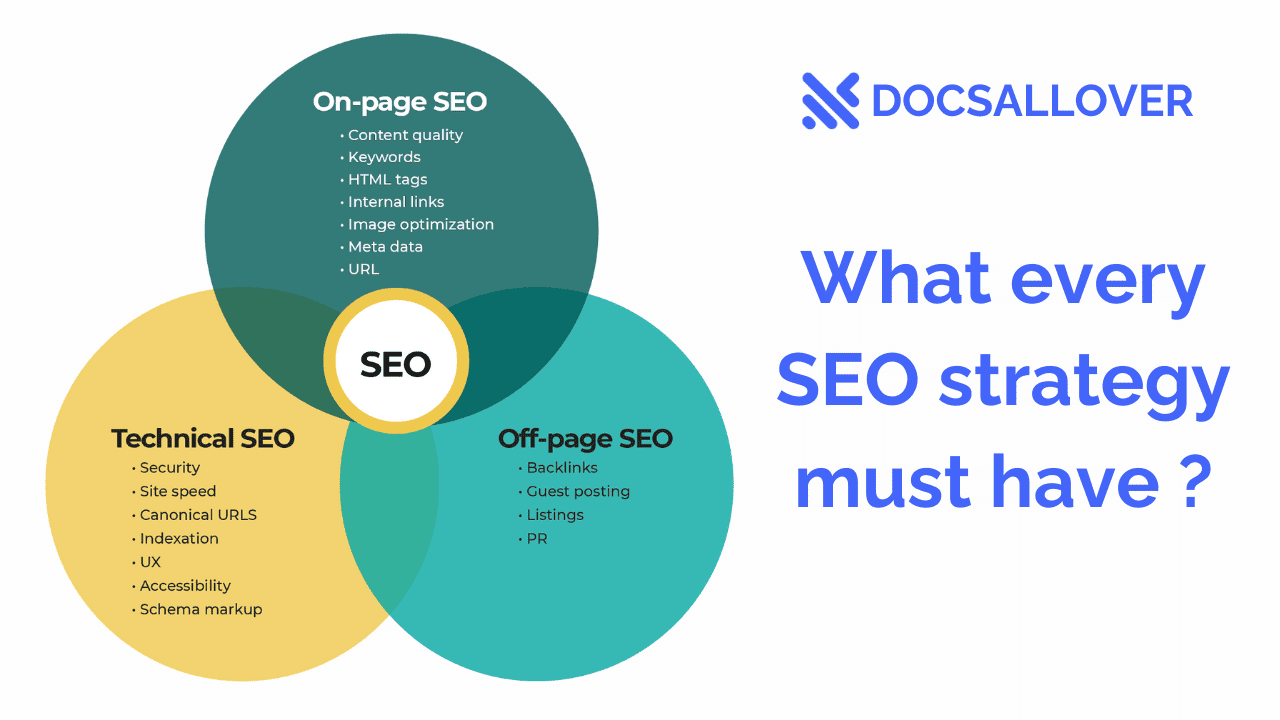
- 1. Keyword research: The first step in any SEO strategy is to conduct keyword research. This will help you identify the keywords that your target audience is searching for. Once you know which keywords you want to target, you can optimize your website and content for those keywords.
- 2. On-page optimization: On-page optimization is the process of optimizing your website's content and code for search engines. This includes things like using relevant keywords throughout your website, creating high-quality content, and making sure your website is mobile-friendly.
- 3. Off-page optimization: Off-page optimization is the process of building backlinks to your website from other high-quality websites. Backlinks are seen as a vote of confidence by search engines, so the more backlinks you have, the higher you will rank in SERPs.
- 4. Technical SEO: Technical SEO is the process of optimizing your website's technical infrastructure for search engines. This includes things like making sure your website is fast and crawlable, and that your website's code is structured correctly.
- 5. Content marketing: Content marketing is the process of creating and distributing valuable content to attract and retain a clearly defined audience and drive profitable customer action.
By focusing on these five essential elements, you can create a strong SEO strategy that will help you achieve your business goals.
Here are some additional tips for improving your SEO:
- Use relevant keywords throughout your website: This includes your title tags, meta descriptions, headings, body text, and image alt text.
- Create high-quality content that is informative, engaging, and relevant to your target audience.
- Build backlinks from other high-quality websites.
- Keep your website up-to-date with fresh content on a regular basis.
- Monitor your SEO performance and make adjustments as needed.
By following these tips, you can improve your SEO and start attracting more visitors to your website.
Why is organic traffic and SEO important?
Organic traffic is the number of visitors who come to your website from search engines without clicking on a paid advertisement. SEO, or search engine optimization, is the process of optimizing your website and content so that it ranks higher in search engine results pages (SERPs).
Organic traffic and SEO are important for a number of reasons.
- Increased website traffic: SEO can help you attract more visitors to your website by ranking your pages higher in SERPs. This means that more people will see your website when they search for relevant keywords.
- More leads and sales: When your website ranks higher in SERPs, more people will click through to your site. This can lead to more leads and sales, as people can learn more about your products or services and decide to do business with you.
- Improved brand awareness and credibility: When people see your website ranking high in SERPs, they are more likely to view you as an authority in your industry. This can lead to more people trusting your brand and choosing to do business with you.
- Long-term benefits: SEO is a long-term investment that can continue to pay off for years to come. Once you have optimized your website for SEO, you will continue to rank higher in SERPs and attract more visitors to your site.
- Reach a wider audience: Organic traffic comes from people who are actively searching for information on the internet. This means that you can reach a wider audience than you would with paid advertising, which is only seen by people who are already aware of your brand.
- Qualify leads: Organic traffic is typically more qualified than paid traffic. This is because people who are clicking on your organic listings are already interested in what you have to offer.
- Reduce your marketing costs: SEO can help you reduce your marketing costs by generating more leads and sales from organic traffic. This can free up your budget to invest in other marketing channels, such as paid advertising or content marketing.
Overall, organic traffic and SEO are important for any business that wants to be successful online. By investing in SEO, you can attract more visitors, generate more leads, and increase sales.
8 tips to build an effective SEO strategy
Here are some tips to build an effective SEO strategy:
1. Use targeted keywords in all the right places
Keywords are the words and phrases that people use to search for information online. By using targeted keywords throughout your website and content, you can help search engines understand what your website is about and rank you higher in search results.
Here are some tips for using targeted keywords effectively:
- Identify your target keywords. Use keyword research tools to identify the keywords that your target audience is searching for.
- Use your target keywords in your title tags, meta descriptions, headings, and body text. Be sure to use your target keywords naturally and avoid keyword stuffing.
- Create content that is relevant to your target keywords Your content should be informative and engaging, and it should provide value to your readers.
2. Focus on building relevant links
Backlinks are links from other websites to your website. Search engines see backlinks as a vote of confidence in your website. The more backlinks you have from high-quality websites, the higher you will rank in search results.
There are a number of ways to build backlinks to your website. Here are a few tips:
- Create high-quality content that other websites will want to link to.
- Participate in industry forums and discussions.
- Guest blog on other websites in your industry.
- Promote your content on social media.
- Reach out to other websites and ask them to link to your content.
3. Focus on user experience (UX)
User experience (UX) refers to the overall experience of using a website. A good UX means that users can easily find the information they are looking for and navigate your website without any problems.
Search engines want to rank websites that provide a good user experience. This means that you should focus on making your website easy to use and navigate.
Here are some tips for improving your website's UX:
- Use a clear and consistent navigation menu.
- Make sure your website is mobile-friendly.
- Use high-quality images and videos.
- Make sure your website loads quickly.
- Provide clear and concise instructions.
- Get feedback from users and make improvements based on their feedback.
4. Write for humans first and search engines second
Search engines want to rank websites that provide a good user experience. This means that your content should be readable, informative, and engaging. It should also be relevant to your target audience.
When you write for humans first, you are more likely to create content that is useful and informative. This will lead to people spending more time on your website and clicking on your links.
Here are some tips for writing for humans first:
- Use clear and concise language.Avoid using jargon and technical terms that your target audience may not understand.
- Break up your text into short paragraphs and use headings and subheadings to make it easy to read.
- Use images and videos to break up your text and make your content more visually appealing.
- Write in a conversational tone.Imagine that you are talking to a friend or colleague about the topic of your article.
- Proofread your work carefully before publishing it.
5. Remove anything that slows down your site
Search engines want to rank websites that are fast and easy to use. This means that you should remove anything that slows down your website.
Here are some tips for improving your website's loading speed:
- Use a lightweight theme and plugins.
- Optimize your images.
- Minify your HTML, CSS, and JavaScript files.
- Use a content delivery network (CDN).
- Test your website's loading speed regularly.
6. Pay attention to Google algorithm updates
Google regularly updates its algorithms to improve the search experience for users. This means that you need to keep up with the latest algorithm updates to ensure that your website is still ranking well in search
7. Format content for Featured Snippet
Featured snippets are short snippets of text that appear at the top of search results. They are often displayed for questions that people ask in search queries.
By formatting your content for featured snippets, you can increase your chances of your content being displayed in search results.
Here are some tips for formatting your content for featured snippets:
- Use clear and concise language.
- Answer the question that the search query is asking.
- Use short paragraphs and bullet points.
- Use headings and subheadings to break up your text.
- Use bold and italics to highlight important information.
8. Programming Examples To Optimize Your Website's Content
One of the most important SEO practices is optimizing your website's content. This involves creating quality content that is relevant, informative, and engaging to your target audience. Your content should include relevant keywords and phrases that your audience is likely to search for.
Example:
Use Appropriate HTML Tags
Using appropriate HTML tags can also improve your website's SEO. For example, using heading tags such as <h1>, <h2>, <h3>, etc., to structure your content can help search engines understand the hierarchy and importance of your content.
Example:
Optimize Your Images
Optimizing your website's images can also help improve your website's SEO. This involves using descriptive file names and alt text for your images. This helps search engines understand what the image is about and can help improve your website's ranking for relevant keywords.
Example:
Use Responsive Design
Using responsive design can also improve your website's SEO. Responsive design ensures that your website is optimized for all devices, including desktops, tablets, and smartphones. This can help improve your website's ranking on mobile search results.
Example:
Implementing SEO best practices in your website is essential for improving your website's visibility and ranking on search engine result pages. By optimizing your website's content, using appropriate HTML tags, optimizing your images, and using responsive design, you can improve your website's SEO and attract more traffic to your website.

